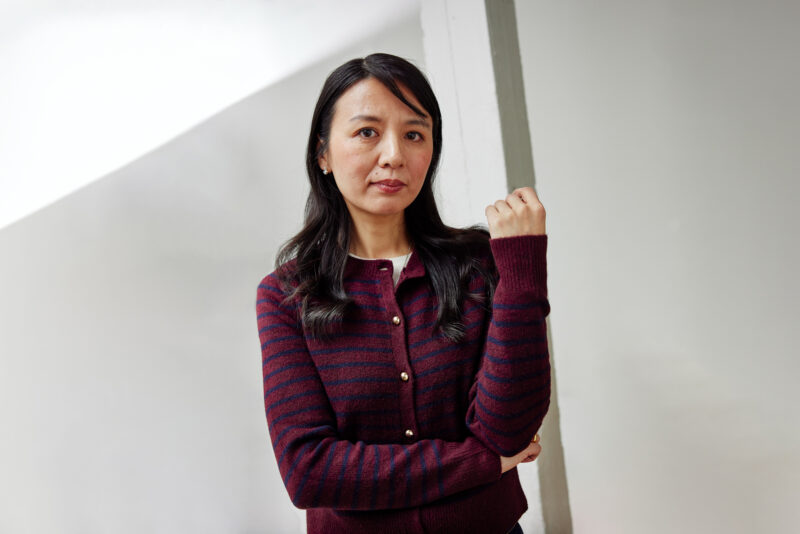By Mikael Nuotio, Director, Technologies and Digitalization, Barona
Artificial intelligence is transforming the modern workplace faster than most of us anticipated. According to recent studies, over 80% of job roles and required skills are evolving due to AI, and as much as half of today’s work activities could be automated in the next few decades. Yet, despite the rapid pace of change, one thing remains clear: technology alone doesn’t create value—people do.
At Barona, we see this transformation up close every day. Organizations are adopting AI tools at scale, but the biggest differentiator between those who thrive and those who struggle isn’t the technology itself—it’s how they develop their people alongside it.
The Shift from Routine to Strategic Work
AI is increasingly automating repetitive and routine tasks, allowing professionals to focus on what humans do best: strategic thinking, creativity, and problem-solving. As a result, many white-collar roles are shifting toward higher-value, more complex responsibilities that require human judgment and collaboration.
This evolution also means that AI oversight is becoming a new core skill. Future professionals won’t just use one AI assistant—they’ll coordinate several, each specialized in different areas. That calls for leadership, ethical judgment, and the ability to make data-driven decisions.
New Skills for a New Era
AI may boost efficiency, but its true potential is unlocked only when people know how to use it wisely. The most essential skills for the future are no longer purely technical. Instead, they lie at the intersection of AI literacy and human-centered capabilities—such as emotional intelligence, critical thinking, and communication.
Continuous learning is key. Only one in three Finnish employees had received AI training in 2024, but adoption is accelerating fast. The challenge for companies now is to ensure their workforce develops not just technical know-how, but also the adaptability and mindset to grow with AI.
Leadership in the Age of AI
As leaders, our responsibility is to support and guide people through this change. Technology can enhance productivity, but it can’t replace empathy, trust, or purpose. The best leaders will be those who balance digital innovation with human care—using AI as a tool to empower, not replace, their teams.
Transitioning gradually—by augmenting existing roles rather than replacing them—helps maintain motivation and reduces resistance. It’s about evolution, not disruption.
Investing in People: The Competitive Edge
Ultimately, the organizations that will succeed in the AI era are those that invest in skills, culture, and leadership as much as they invest in technology. AI can process information faster than ever before, but the quality and value of its output still depend on human oversight and creativity.
At Barona, we believe AI should serve as an enabler of human potential—not a substitute for it. As AI becomes a core part of the workplace, let’s not forget what makes work meaningful: our ability to think, connect, and create together.
Our best advice? Don’t forget to invest in your people.



